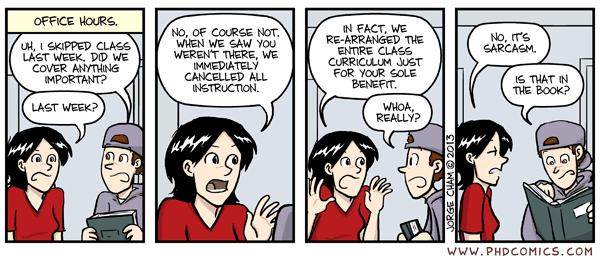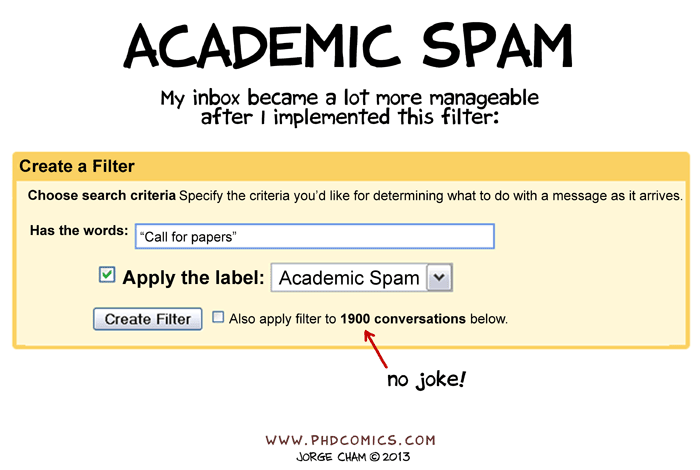In todays News and Observer it was reported that the State Treasurer, Janet Cowell, is formally requesting that the $80bn state pension fund be allowed to increase its allocation to alternative investments to 40%. (Alternatives are a broad category that includes commodities, private equity and hedge funds).
Ms. Cowell correctly points out that the current return objective of the fund of 7.25% is going to be hard to meet in the current or even foreseeable future given market conditions. A cut of this return objective to 7% would cause the pension fund to be underfunded by $280 Million per year.
The hope is that by increasing the alternatives allocation, the fund can boost returns to cover this shortfall. This is a very risky strategy. First, alternatives are risky - this is the first rule of finance - if you want a higher return, you better be prepared to take more risk. Therefore, this proposal is to increase the risk profile of the fund. Alternatives are good at artificially masking this risk because they are not traded on public exchanges and so we don't get to observe daily price gyrations.
Alternatives are are risky in another way because we don't know what their expected returns should be. Stocks and bonds, for example, while risky, have provided us with a long history of data. Furthermore, their returns can be linked to fundamental measures (such as corporate profits). As a result we can make a reasonable guess at the expected returns on these assets. Figuring out the expected return on alternatives, on the other hand, is a complete shot in the dark. We have no real idea what a hedge fund or private equity fund should return. So making a big bet on alternatives is just that - a big bet.
An alternative to alternatives, is to cut the return assumption of the fund to 7% and then try to come up with the $280 million. This may be actually easier than you'd think. Based on recent numbers, the pension fund incurs over $350 million of fees to outside managers each year. By moving all of the fund into low cost passive investments, the fund could save a large portion of these fees which would then offset the lower return projections. This idea is not quite as crazy as it seems - in fact one municipality in Pennsylvania has done just that.
A Finance Professor's blog. I am a Professor of Finance in the Poole College of Management at NC State University. My website: https://sites.google.com/ncsu.edu/warr Opinions are my own.
Thursday, June 27, 2013
Wednesday, June 26, 2013
More on Pandora royalties...
David Lowery appears on CNBC.
And Pandora responds
Finally, if you live in Raleigh - Lowery's band - Cracker - will be playing at the Downtown Plaza tomorrow (thursday night). It's a free concert.
And Pandora responds
Finally, if you live in Raleigh - Lowery's band - Cracker - will be playing at the Downtown Plaza tomorrow (thursday night). It's a free concert.
Tuesday, June 25, 2013
1.1 million plays on Pandora equals a $16.89 check to the musician.
A battle is brewing in the online music business - this time Pandora is asking Congress to cut the rate that it has to pay in royalties to the artists who create the music that it streams. This is ticking off a lot of people.
First of all, David Lowery (frontman from Cracker and Camper Van Beethoven a lecturer in Music Business at the University of GA) wrote that out of 1.1 million plays of the Cracker song "Low" in 1 quarter, he got a total of $16.89 in royalties. The band in total got about $42. Similar numbers exist for Spotify and Youtube. As he puts it:
This is already a government mandated subsidy from songwriters and artists to Silicon Valley. Pandora wants to make it even worse. (Yet another reason the government needs to get out of the business of setting webcasting rates and let the market sort it out.)
But Lowery is far from being a lone voice in this issue. The remaining members of Pink Floyd wrote on the USA Today site that:
For almost all working musicians, it's also a question of economic survival. Nearly 90% of the artists who get a check for digital play receive less than $5,000 a year. They cannot afford the 85% pay cut Pandora asked Congress to impose on the music community.
As a rule - when Government sets prices in a market, it is the entity with the greatest lobbying power that gets the best deal. In this case the online music streaming services are successfully using the Government to rip off the people who create the product that they stream.
First of all, David Lowery (frontman from Cracker and Camper Van Beethoven a lecturer in Music Business at the University of GA) wrote that out of 1.1 million plays of the Cracker song "Low" in 1 quarter, he got a total of $16.89 in royalties. The band in total got about $42. Similar numbers exist for Spotify and Youtube. As he puts it:
This is already a government mandated subsidy from songwriters and artists to Silicon Valley. Pandora wants to make it even worse. (Yet another reason the government needs to get out of the business of setting webcasting rates and let the market sort it out.)
But Lowery is far from being a lone voice in this issue. The remaining members of Pink Floyd wrote on the USA Today site that:
For almost all working musicians, it's also a question of economic survival. Nearly 90% of the artists who get a check for digital play receive less than $5,000 a year. They cannot afford the 85% pay cut Pandora asked Congress to impose on the music community.
As a rule - when Government sets prices in a market, it is the entity with the greatest lobbying power that gets the best deal. In this case the online music streaming services are successfully using the Government to rip off the people who create the product that they stream.
Monday, June 24, 2013
Monday, June 3, 2013
Hedge Funds aren't worth the money
Not much of a surprise to me, but apparently a lot of folks still think that Hedge Funds have some kind of magical money making power that also provides downside risk in market downturns.
Actually, come to think of it, Hedge Funds do provide these benefits -- to their managers.
Actually, come to think of it, Hedge Funds do provide these benefits -- to their managers.
Sunday, June 2, 2013
Subscribe to:
Posts (Atom)
What's going on with inflation?
I recently posted an article on the Poole College Thought Leadership page titled: " What's going on with inflation?" . This w...
-
Another inflation illusion post. This time with math. Again the issue here is that you can't just increase the discount rate when you a...
-
I recently posted an article on the Poole College Thought Leadership page titled: " What's going on with inflation?" . This w...
-
Pension Funds are increasingly chasing risky bets to try to hit return targets. These investments are frequently highly illiquid, expensiv...

